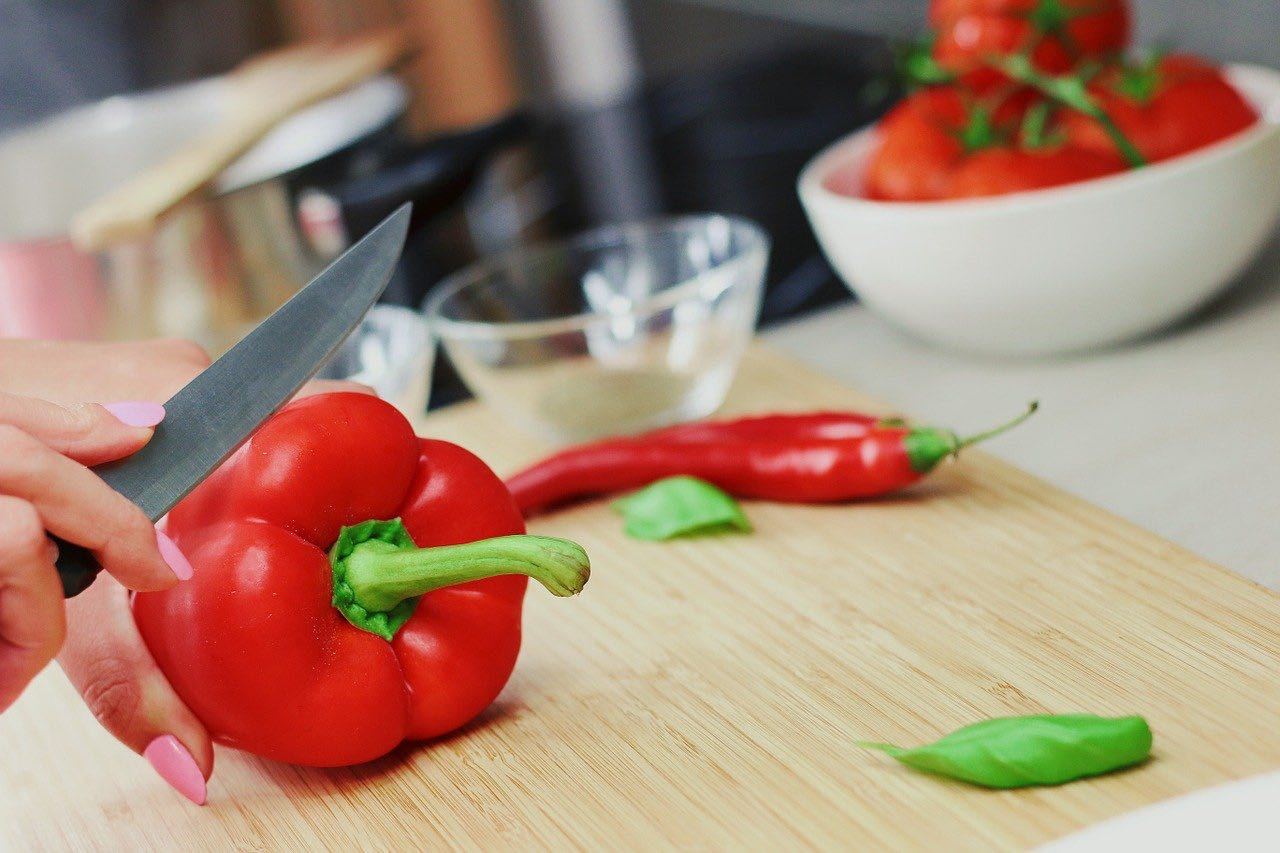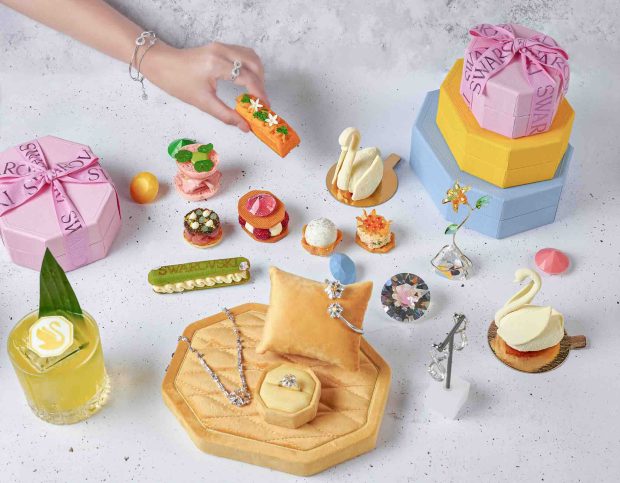If you live in a tiny apartment, you’re probably familiar with the problem of small spaces. There’s little room to move around in and you have to be very smart about finding storage space. One of the most challenging layouts is often the kitchen. Apart from needing adequate room for the fridge and the stove, you will also need a prep area for your chopping board and mise en place. You’ll also want your most often used kitchen appliances like the coffee machine and the rice cooker to be readily accessible from a spot on the counter. And after all that, you still need to stash your pots and pans away somewhere!
Small condo dwellers usually adjust by downsizing their collection of kitchen tools and accessories, but if you love cooking or baking, kitchen minimalism may not be appropriate for your needs. Instead, you should revisit how your kitchen is organized. It often happens that any items relating to food get grouped with other kitchen essentials, which is a logical progression. However, if you’re short on kitchen space, it’s a good idea to stop storing these items in the kitchen and find an alternative storage spot instead.
Rarely Used Appliances
Unless you make ice cream on a daily basis, you don’t really need to store an ice cream churner in your kitchen. Even small kitchen appliances can be very bulky and take up a lot of space in your kitchen cabinets. Additionally, these items are best kept in their original boxes to keep them organized and dust-free, which adds to the space requirements for storing the item. If your kitchen space is just too limited, move rarely used appliances to a different storage area. Doing this can free up your countertop for gadgets that you do use on a regular basis, while also keeping your kitchen cabinet available for more essential items.
It can be difficult to let go of unused kitchen items but if your appliances have been in storage for a year without being used at all, then they may not be worth keeping in your home if space is at a premium. Instead, consider passing them on to a friend or family member who will get more utility out of them. Then if you do find yourself needing that particular appliance in the future, you might ask to borrow it back.
Napkins and Tablecloths
It may seem convenient to have the linens in the kitchen so that you can easily grab them when you set the table. However, in the hierarchy of things, these table elements aren’t nearly as important to have on hand compared to your actual cooking tools. Consider stashing your napkins, placemats and tablecloths together with the other household linen, then take them out as needed. This may actually be beneficial for the fabrics as well since being away from the kitchen keeps them from accumulating food-related odours.
Make sure that your linen closet has ample protection from pests. Clothes moths, silverfish and even cockroaches can find their way into your storage and destroy your linens, especially if there is food residue in some of the fabrics. Always make sure that napkins and anything used with food is laundered and completely clean before storing with other linens. You can also place cedar blocks or dried lavender to naturally repel pests and impart a light fragrance to your collection.
Party Accessories
Paper plates and disposable cutlery aren’t meant to be part of your daily meal routines but it’s certainly nice to have these available for when a surprise party or gathering comes up. Until then, it’s best to keep them out of your kitchen. Store them instead in a dry and secure storage box to ensure that they don’t gather dust or attract pests. You can put them together with your other party decorations like banners and cake toppers.
Additionally, serving ware like trays, charging plates and chafing dishes do not have to be stored in the kitchen either. Along with additional glasses and cutlery that you only use when you have company, you can keep these items for entertaining guests in a room other than your kitchen.
Spare Supplies
Buying items in bulk is a great way to save on your essentials, but this also means that you’ll need storage for the spare supplies. Go ahead and purchase the largest bottles of dishwashing liquid and home cleansing aides. Then, simply transfer some of the contents into smaller bottles and use these in your kitchen. You can store the rest of your supply in the bathroom or another area where you have more storage space. Then, just refill the bottles as needed.
When your kitchen space is severely limited, you have to get creative with your solutions. This can often mean utilizing other spaces in your home as storage so that you can prioritize keeping food and essential cookware in the kitchen. If you are likely to forget where you placed things, list everything down on paper and stick it to your fridge door for easy reference.








